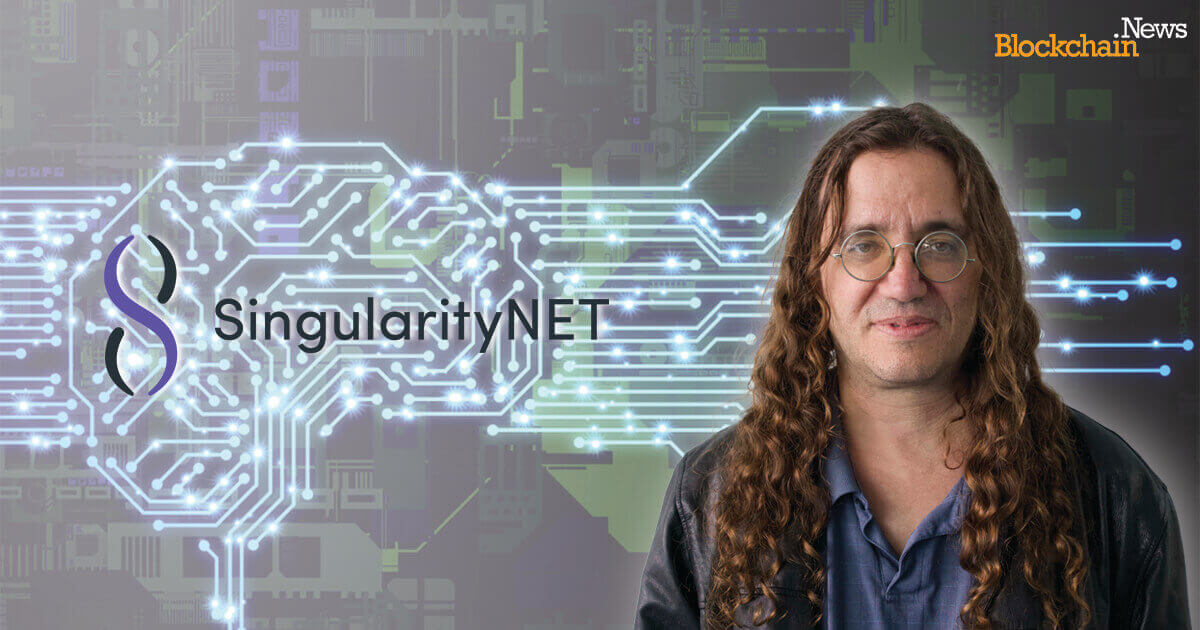The Challenge of Achieving Artificial General Intelligence (AGI) in Deep Learning Models
If you’ve been following the developments in artificial intelligence (AI), you’re probably aware of the significant advancements made in deep learning models. These models have revolutionized AI by generating coherent text, realistic images, and accurate predictions. However, despite these achievements, achieving true artificial general intelligence (AGI) remains a challenge.
The Limitations of Deep Learning in Achieving AGI
According to a recent analysis by SingularityNET (AGIX), current deep learning models face several limitations that prevent them from achieving AGI. Let’s explore some of these limitations:
Inability to Generalize
One major criticism of deep learning is its inability to generalize effectively. This limitation becomes evident when these models encounter scenarios not covered in their training data. For example, the autonomous vehicle industry has invested heavily in deep learning, only to see these models struggle with novel situations, such as the June 2022 crash of a Cruise Robotaxi.
Narrow Focus & Data Dependency
Most deep learning models are designed to excel in specific tasks, relying on large datasets for training. AGI, on the other hand, requires the ability to understand, learn, and apply knowledge across a wide range of tasks and domains. These models also struggle with tasks where labeled data is scarce or where they have to generalize from limited examples.
Pattern Recognition without Understanding
While deep learning models are excellent at recognizing patterns within datasets, they lack true understanding and reasoning abilities. For example, models like GPT-4 can generate essays on complex topics but do not truly understand the underlying principles. This gap between pattern recognition and understanding is a critical barrier to achieving AGI.
Lack of Autonomy & Static Learning
Human intelligence is characterized by autonomy, the ability to set goals, make plans, and take initiative. Current AI models lack these capabilities, operating within the confines of their programming. Unlike humans, they do not continuously learn and adapt, posing a challenge in achieving AGI.
The “What If” Conundrum
Humans engage with the world by perceiving it in real-time and making decisions based on existing representations. Deep learning models, on the other hand, must create exhaustive rules for real-world occurrences, which is inefficient. Achieving AGI requires enhancing their inductive “what if” capacity.
While deep learning has made significant strides in the field of AI, it falls short of achieving true AGI due to these limitations. To overcome these challenges, researchers are exploring alternative approaches such as hybrid neural-symbolic systems, large-scale brain simulations, and artificial chemistry simulations.
About SingularityNET
SingularityNET, founded by Dr. Ben Goertzel, aims to create a decentralized, democratic, inclusive, and beneficial Artificial General Intelligence (AGI). Their team comprises seasoned engineers, scientists, researchers, entrepreneurs, and marketers dedicated to various application areas such as finance, robotics, biomedical AI, media, arts, and entertainment.
For more information, visit SingularityNET.

Image source: Shutterstock

